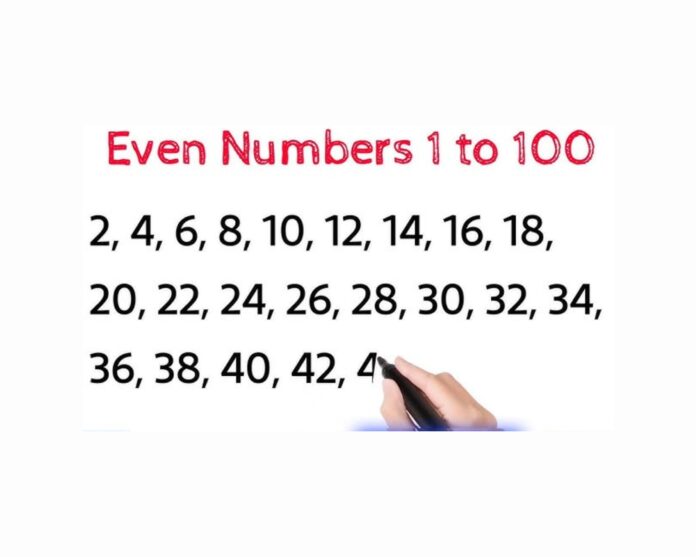Identifying even numbers is straightforward once the principles are understood. Below are several effective methods to recognize even numbers:
1. Divisibility Rule:
- An even number is one that can be divided by 2 without yielding a remainder. For instance: 8 ÷ 2 = 4.
- Since 4 is an integer, it confirms that 8 is even.
2. Binary Format:
In the realm of computing, even numbers are represented in binary form ending with a 0. For example:
- The binary representation of 10 is 1010, which concludes with 0, indicating it is even.
- The binary representation of 6 is 110, which also ends with 0, confirming it is even.
3. Last Digit Method:
Another approach is to examine the last digit of a number. If the last digit is 0, 2, 4, 6, or 8, the number is classified as even. For example:
- 24 (last digit is 4, thus it is even)
- 67 (last digit is 7, therefore it is not even)
- This technique is particularly efficient for larger numbers.
4. Sequential Patterns:
- Even numbers exhibit a consistent pattern, increasing by increments of 2. For example, the sequence of even numbers includes: 2, 4, 6, 8, 10, 12,…
- This pattern facilitates the identification of even numbers within a list.
5. Results of Division:
If a number is divided by 2 and the outcome is an integer, then the original number is classified as even. For example:
- 18 ÷ 2 = 9 (9 is an integer, thus 18 is even)
- 15 ÷ 2 = 7.5 (7.5 is not an integer, hence 15 is not even).





